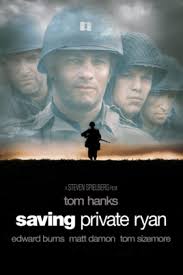Inquirers – Film students should be interested in learning new things and new skills, like how to use different programs and how to edit to a professional standard. This will help them to become more knowledgeable and better at the subject.
Knowledgeable – They need to learn in-depth knowledge of the subject, including the history of film, which they can use to create their own films. This helps them to develop their understanding of films and the process behind creating them.
Thinkers – Film students will think in creative ways to overcome different challenges that face them while creating, filming and editing different projects. They should also be critical of their own work, and always be thinking of ways to make it better.
Communicators – Students need to be good at communicating their ideas to others in confident and creative ways. This will help them to work effectively in teams, and will help their ideas to become something physical.
Principled – They will have a good sense of morals, allowing them to become excellent team workers. The students will have respect for others and their ideas, and show enthusiasm with others when working on group projects.
Open-minded – Film students need to be open to new ideas from different sources to include in their work. This includes input from other people, criticism and taking inspiration from successful films in the past.
Caring – All film students will show empathy towards others, and make them feel included when working as a team. They will also commit to the task in front of them, and do their role to the best of their ability.
Risk-takers – Film students need to try new things and experiment with ideas to make their work the best it can be. They also need to be able to approach unfamiliar situations with confidence, making them able to work under any conditions.
Balanced – They need to keep a balance in their lives, to ensure that the work doesn’t become too much for them. This will help them to perform better in class, and it will also make others around them feel more confident.
Reflective – They need to look back on their work and evaluate it, learning what their weaknesses are and working to improve them. This will ultimately improve their standard of work over time, as they learn from their mistakes.


